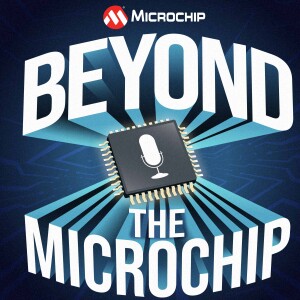
The Internet of Things is nothing short of a modern miracle. The ability to connect devices across a network and control them remotely, gathering data, performing routine maintenance, and saving countless hours of preparation time and direct human interaction. It gave rise to the need for Smart, Connected, and Secure technology solutions. That’s great for the residential home or the industrial plant across town. Could that level of sophistication and convenience follow us to other places, like, say, the hospital?
We are, in fact, living the future today - where a world of medical devices are no longer standalone entities, but interconnected nodes in a vast network known as the Internet of Medical Things (IoMT). This digital revolution promises to transform patient care, enabling real-time monitoring, remote diagnostics, and personalized treatment plans. But these utopian dreams of a better health system still have some caveats to be aware of. As we embrace this new frontier, we must also confront the looming threat of cyber insecurity.
In recent years, ransomware attacks have targeted healthcare institutions worldwide, from the WannaCry outbreak that crippled the UK's National Health Service in 2017 to the more recent Ryuk attacks on U.S. hospitals in 2020 like Locky in Los Angeles. According to the HIPAA Journal, “at least 141 hospitals were directly affected by ransomware attacks in 2023” alone where the number of attacks almost doubled since the previous year. These incidents expose the vulnerabilities in our medical device infrastructure, where outdated software and lack of encryption leave patient data and lives at risk. The American Hospital Association describes these not as white-collar crimes, but “threat-to-life crimes” and they can be a life-or-death matter.
Yet, amidst these challenges, there is hope. As technology advances, so too do the solutions for securing IoMT. With the development of purpose-built embedded control technology solutions, we stand on the edge of a new era in connected care. Imagine a future where medical devices not only communicate seamlessly but also protect patient information from the most sophisticated attacks.
How can Microchip Technology strengthen and reinforce the Internet of Medical Things and potentially hold the key to unlocking a brighter, healthier future?
Links from the episode:
Smart Medical Solutions | Microchip Technology
CryptoAuthentication™ Secure Key Storage | Microchip Technology
Guests:
Justin Wilson
No comments yet. Be the first to say something!